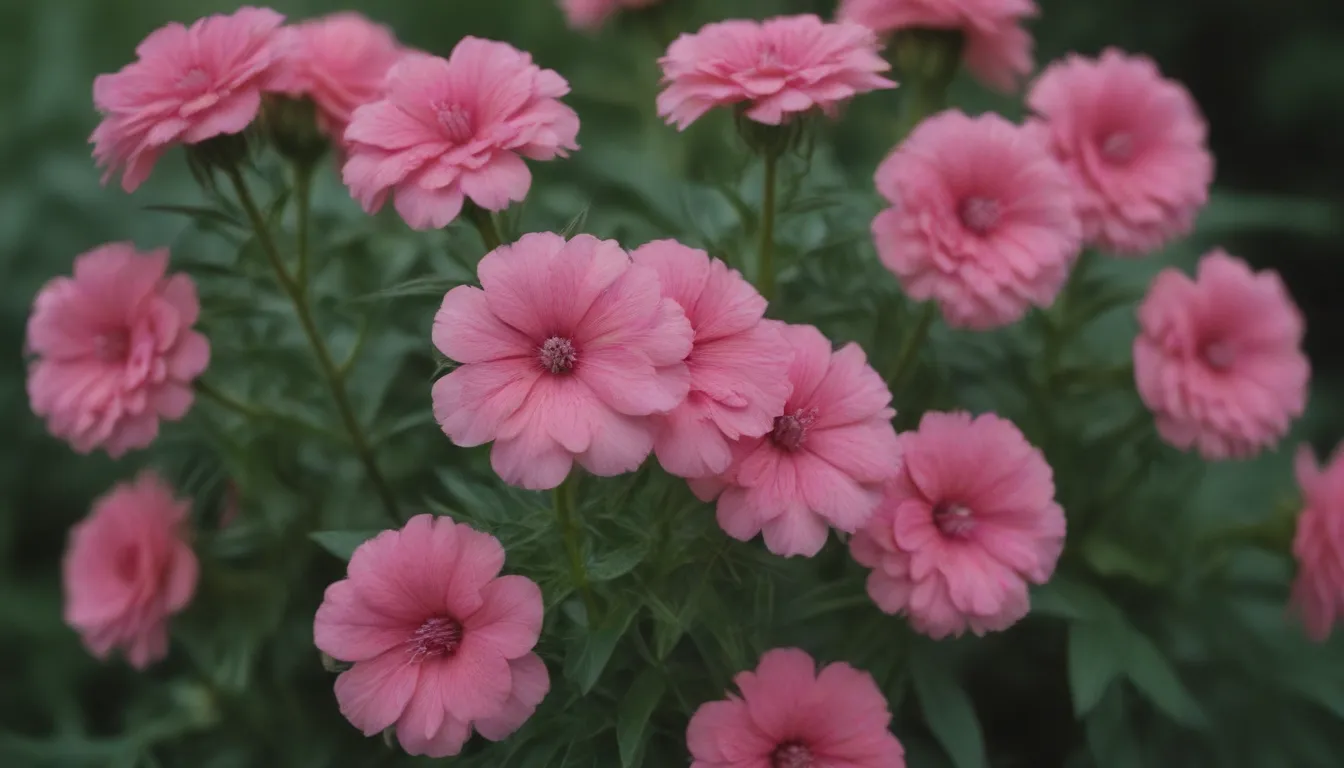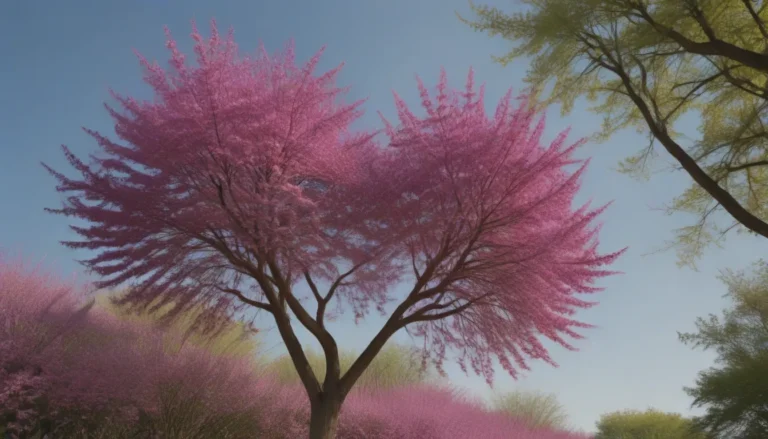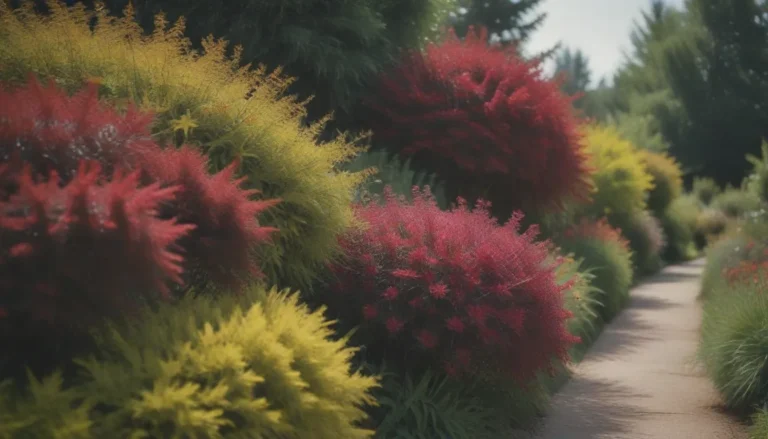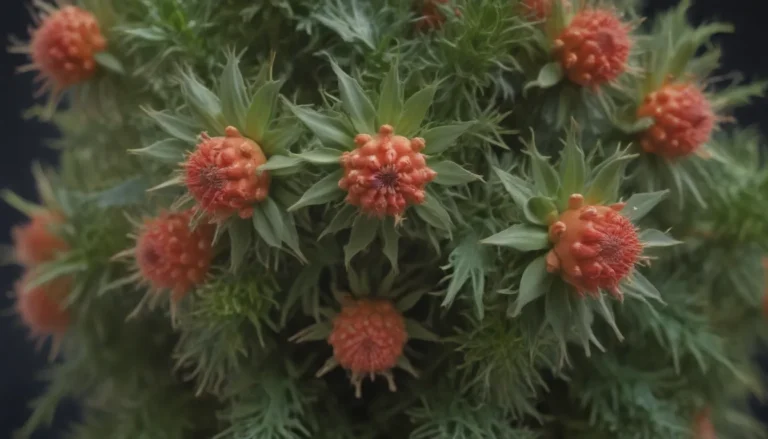The Ultimate Guide to Growing and Caring for Rose Campion

Are you looking to add a pop of vibrant color to your garden? Look no further than the beautiful and striking rose campion (Lychnis coronaria). This perennial flower is a fantastic addition to any garden, bringing with it a rich history and stunning bloom colors. In this comprehensive guide, we’ll explore everything you need to know about growing and caring for rose campion to ensure it thrives in your garden.
A Brief History of Rose Campion
Let’s start by delving into the origins of the rose campion. This flower, also known as rabbit’s ears, crown pink, bloody William, and mullein pink, belongs to the Caryophyllaceae family of flowers known as pinks (dianthus). Originally from Europe, records show that it was cultivated in English gardens as far back as the 1600s. The plant made its way to American gardens in the 1700s, with mentions in Thomas Jefferson’s writings about Monticello.
With its enchanting silvery pale green leaves and vivid magenta blooms, rose campion brings a burst of color to any garden, particularly in mid to late summer. Its colors complement a cool color palette, including blues, purples, and various shades of pink. Pair it with nigella, bellflowers, phlox, and yarrow in your cottage garden for a stunning display.
Rose Campion Care Tips
Now that you understand the background of the rose campion, let’s move on to essential care tips to help your plant thrive:
Light
Rose campion thrives in both partial sun and full sun. However, it may dry out during hot summers, so opt for a spot with morning sun rather than afternoon sun. If the plant ends up in full shade and doesn’t bloom, consider relocating it to a sunnier location.
Soil
While not overly picky about soil, rose campion prefers well-drained soil. Avoid planting it in wet areas to prevent root rot.
Water
Once established, rose campion is fairly drought-tolerant, making it an excellent choice for dry garden areas. Water according to your usual schedule, but be prepared to provide extra water during heat waves if the plant shows signs of wilting.
Temperature and Humidity
Hardy to Zone 5, rose campion may struggle in extremely cold winters. Excess moisture in the soil is harmful to the plant, but humid summers in temperate climates shouldn’t pose a problem.
Fertilizer
Generally, rose campion doesn’t require fertilizer. However, if your soil is thin, adding compost can help promote vigorous reseeding.
Types of Rose Campion
There are several cultivars of rose campion available, including a double-flowered version. Some rare cultivars may be challenging to find, but places like Monticello offer seed mixes containing multiple cultivars. Here are a few popular varieties:
- ‘Abbotsford Rose’
- ‘Alba’
- ‘Angel Blush’
- ‘Astrosanguinea’
- ‘Dancing Ladies’
- ‘Flora Plena’
- ‘Oculata’
Pruning and Overwintering
To maintain your rose campion’s appearance, remember to deadhead spent blooms to prevent reseeding, unless you want new plants. Remove dead flowers at the end of the blooming season, but consider leaving the leaves for their attractive forms in the winter garden.
Rose campion is considered a short-lived perennial or biennial, potentially reseeding in suitable conditions. If you scatter seeds in the autumn, you may see new plants sprout in the spring.
Propagating Rose Campion
You can propagate rose campion by dividing sections and replanting them. However, many opt to grow new plants from seed due to the plant’s biennial nature. Allow the plant to reseed naturally or sow fresh seeds in your desired location.
How to Grow Rose Campion from Seed
Seeds are widely available for rose campion, and it’s relatively easy to grow from seed. While blooms may not appear until the second year, the seeds require cold stratification, making fall planting ideal for spring growth. Direct sow in spring after the last frost, pressing the tiny seeds lightly into damp soil and ensuring they receive adequate sunlight for germination.
Common Pests and Plant Diseases
One of the perks of growing rose campion is its resistance to diseases and pests, making it a low-maintenance addition to your garden. Deer and various rodents tend to avoid this plant, and no reports of toxic effects on humans or animals have been documented.
In conclusion, rose campion is a stunning perennial that can elevate the beauty of any garden with its vibrant blooms and silvery foliage. By following these care tips and propagation methods, you can enjoy this striking plant in your outdoor space for years to come. So, why not add a touch of color and charm to your garden with the beautiful rose campion?





